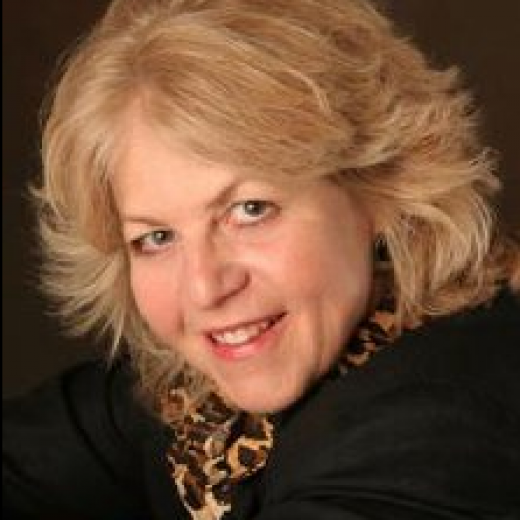Ten Minute Trick Pony by Catharine Bramkamp
 Let’s welcome back monthly columnist Catharine Bramkamp as she shares with us about “Ten Minute Trick Pony.” Enjoy!
Let’s welcome back monthly columnist Catharine Bramkamp as she shares with us about “Ten Minute Trick Pony.” Enjoy!
***
Many authors and students have difficulty starting their projects. For students, often the problem is they aren’t terribly inspired by the topic. I don’t blame them for feeling stuck. It’s difficult find motivation in broad topics like, say, global warming. Once you’ve created a slide showing that poor polar bear swimming in the melted waters of the Arctic, there isn’t much else to say.
But you have a word count requirement, a blog that is due, a white paper, due Sunday. And it’s Sunday. What do you do?
What if you really want to write that novel in November. And it’s November?
What do you do with that blank screen before you, the cursor blinking in an increasingly accusing way. As if reminding you that you got nothing.
That’s exactly what you write about.
Take ten minutes. Not more, no less. And write about nothing. Write about how you hate writing. Write about how you hate your parents or your boss. Write about how you love your dog so, so, much better.
Write about the color blue. Write about anything and everything. Just write for ten minutes.
Is this a new technique? Hell no. Automatic writing started up during the spiritual craze in the mid-nineteenth century. Automatic writing was another way to either channel the spirits or to scam money from desperate people, depended on where you sat at the table.
Writers like Gertrude Stein and later, Jack Kerouac experimented with automatic writing and the idea that the subconscious was far more clever and interesting that the conscious. It also had a lot to say. (It will also benefit from later editing, but not right now.)
The idea was to channel the Muse the same way a spiritualist channeled the undead. Write without much conscious thinking, avoiding the inner editor or sensor, and just allow what is in the deepest section of the brain to come out to play.
Later writers like Natalie Goldberg and Julia Cameron, neither of whom have been guests on our show (Newbie Writers Podcast), developed this idea into the more formal practice of morning pages (Cameron) and the ten minute write (Goldberg). You don’t need to give the process a formal name. It all comes down to immediacy: write what you feel right now.
NaNoWriMo is the extreme version of this idea. In November writers around the world write for far longer than 10 minutes, but their focus is the same — express what is deep inside you without editing or judging. Get it all down. Edit later.
How to do it?
You can buy the Artist Way and/or Writing Down the Bones both of which explain the process, or bookmark this article. Or just do it.
Grab a pen and paper and time yourself. There is no more equipment than that.
In the interest of those academic papers and white papers and that request to “just whip up a blog on our latest product launch,” there is a way to get at the very subject that may be so overwhelming or uninspiring that you cannot bear it. Write three words about the dreaded topic at the top of the blank paper or screen. Just three words.
For ten minutes write about those words.
How do you feel about them? What is it that you hate about them? Just write.
What will emerge is one good sentence. Throw out all the other words. Write for another ten minutes about that good sentence.
If you are exhausted by all this writing, that’s okay. Write down the good sentences on a fresh page. Go away.
Go to bed.
Nap.
Sleep on it.
First thing in the morning (thus morning pages, you can see how this all comes together) get up. Do not check email. Do not engage in any social media. Stagger to your desk or computer and stare at those new sentences you wrote yesterday.
Write some more. Your subconscious will have worked out a number of sentences and ideas on your behalf. All you need to do is honor that effort and write down what comes to mind. Not easy, but damn effective.
Write when you find work.
Best,
Catharine
***
ABOUT THE AUTHOR
Catharine Bramkamp is the co-producer of Newbie Writers Podcast that focuses on newer writers and their concerns. She is a successful writing coach, Chief Storytelling Officer, and author of a dozen books including the Real Estate Diva Mysteries series, and The Future Girls series. She holds two degrees in English, and is an adjunct university professor. After fracturing her wrist, she has figured out there is very little she is able to do with one hand tied behind her back.







